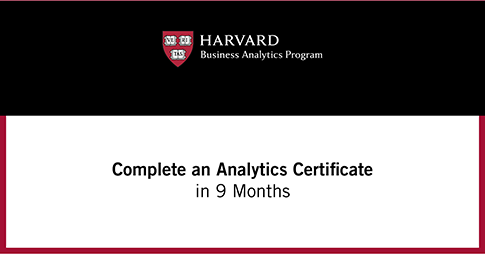Why is Data Analysis Important In Business? | FAQs
In this short video, Norah Wulff, Data Architect and Head Tutor on the University of Cape Town Data Analysis online short course, provides some more insight into why learning this skill with data analytics courses is valuable to a business:
As the workplace becomes more tech-driven and fast-paced, data analysis and the skills gained from data analysis courses are going to play an increasingly important role in business.
Why is a data analysis course important?
Data analysis is an internal organisational function performed by Data Analysts that is more than merely presenting numbers and figures to management. It requires a much more in-depth approach to recording, analysing and dissecting data, and presenting the findings in an easily-digestible format.
With a data analysis course you’ll be able to provide a company with decision-making insight into the following key areas:
- Predict customer trends and behaviours
- Analyse, interpret and deliver data in meaningful ways
- Increase business productivity
- Drive effective decision-making
Their responsibilities around analysing data help the business managers make informed decisions to drive the company forward, improve efficiency, increase profits and achieve organisational goals.
To do this effectively, Data Analysts need to be able to:
- Understand business direction and objectives
- Explore the meaning behind the numbers and figures in data
- Analyse the causes of certain events based on data findings
- Present technical insights using easy-to-understand language
- Contribute to business decision-making by offering educated opinions
Do you want to pursue a career in data analysis?
Make an invaluable contribution to your business today with the UCT Data Analysis online short course
Transcription:
Data analysis is important in business to understand problems facing an organisation, and to explore data in meaningful ways. Data in itself is merely facts and figures. Data analysis organises, interprets, structures and presents the data into useful information that provides context for the data. This context can then be used by decision-makers to take action with the aim of enhancing productivity and business gain.

